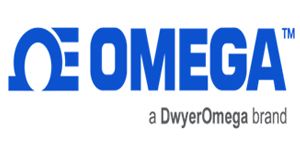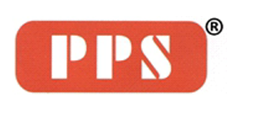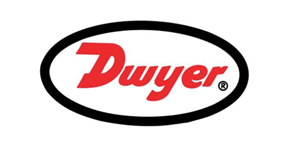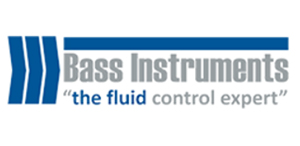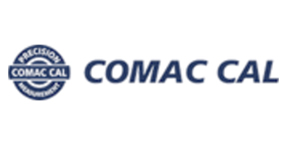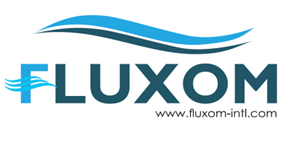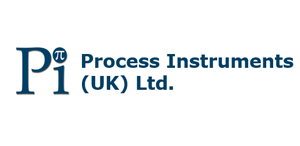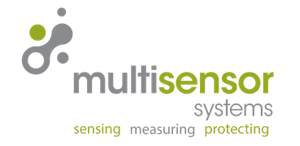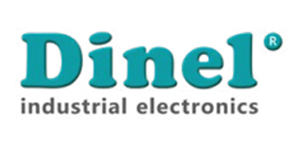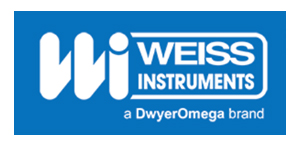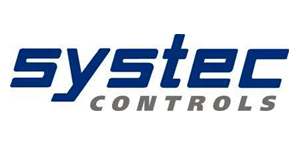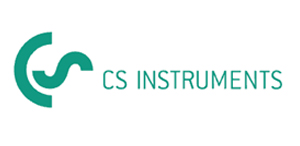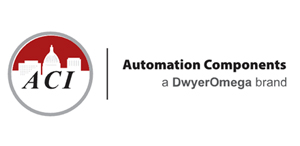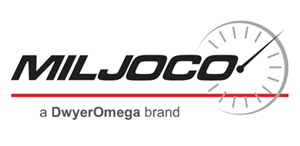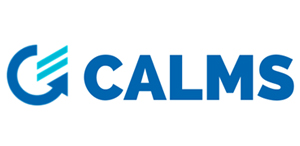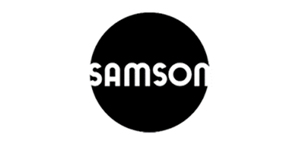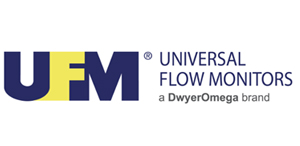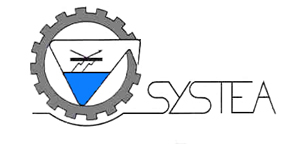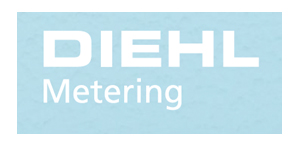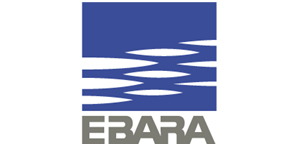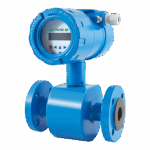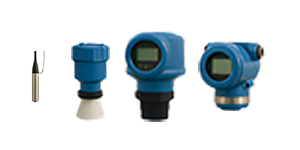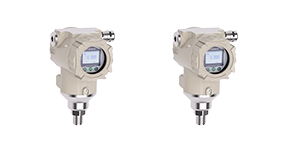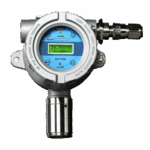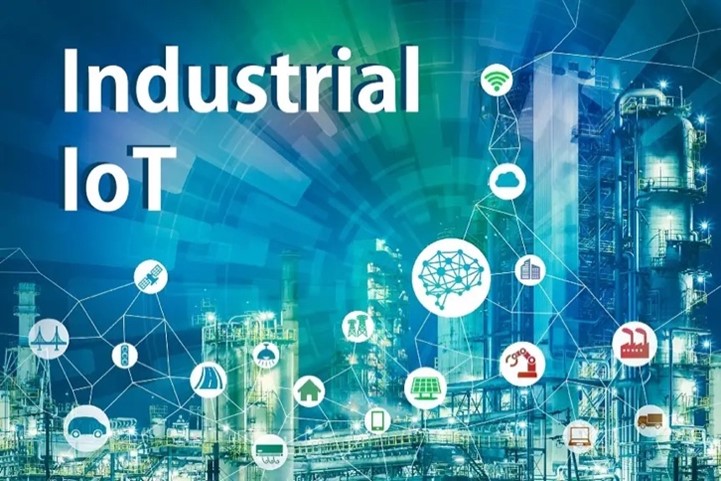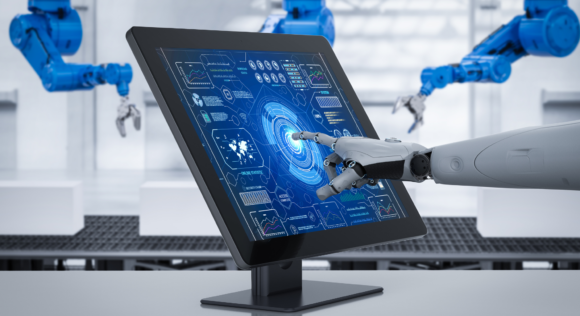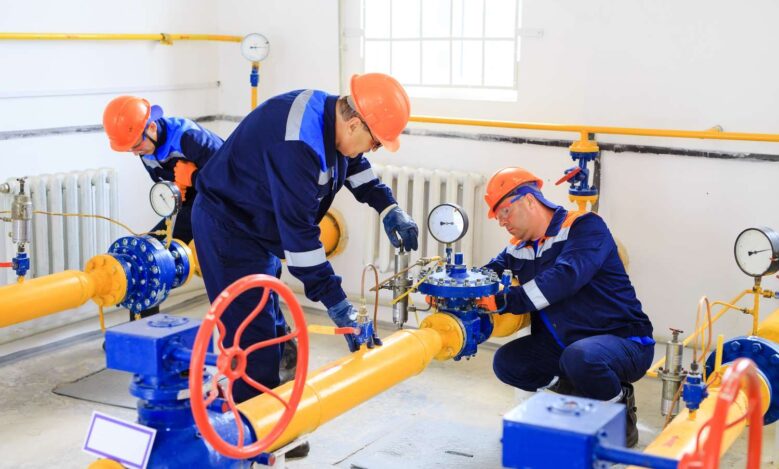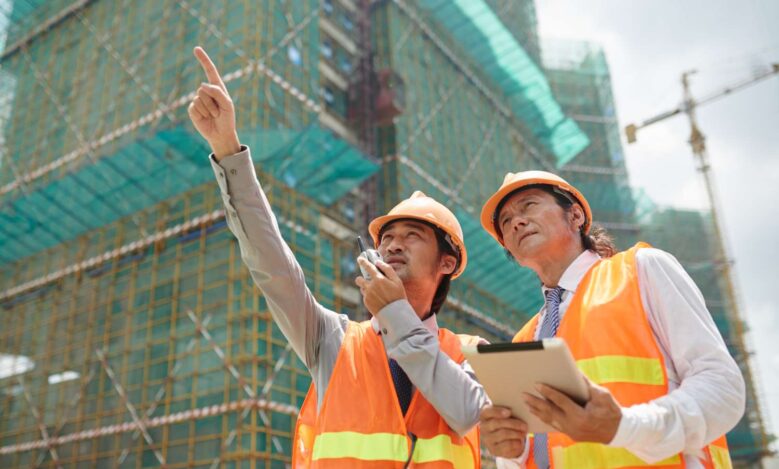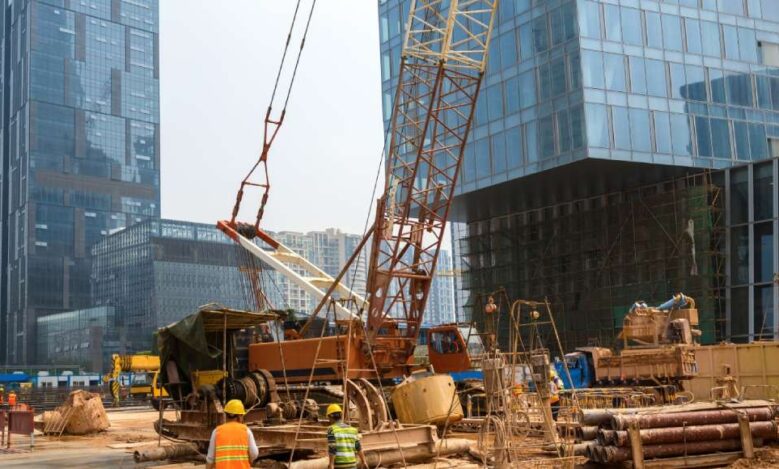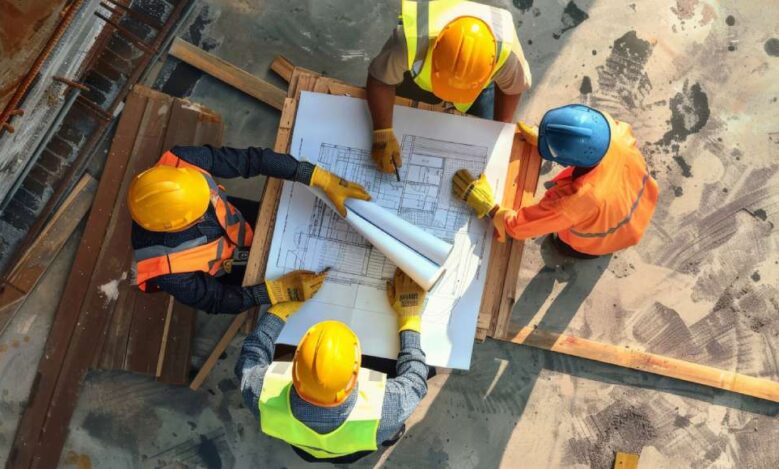We provide comprehensive measurement solutions for the oil and gas industry, supporting upstream, midstream, and downstream operations. Our technologies deliver accurate, real-time monitoring and control of critical parameters, ensuring efficiency, safety, regulatory compliance, and profitability across exploration, production, transportation, and refining processes.
CONTACT USWe deliver advanced measurement solutions tailored for data centers, ensuring precise real-time monitoring of critical environmental and infrastructure parameters. Our systems help maintain optimal conditions, safeguard uptime, and support efficient energy management for mission-critical IT environments
CONTACT USProduct Categories
Temperature Measurement
Temperature measurement is a critical parameter in process industries, directly affecting product quality, safety, and efficiency. Our comprehensive range of temperature measurement solutions—including RTDs, thermocouples, and temperature transmitters—ensures precise
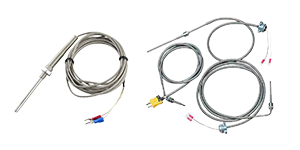
Water Quality Monitoring
Our advanced Water Quality Analysers and Oil in Water Analysers provide precise, real-time monitoring of key parameters to ensure compliance, safety, and efficiency in critical processes. Designed for demanding environments, these analysers offer reliable measurement of pH, turbidity..
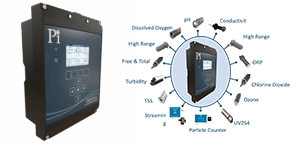
Compressed Air & Gases Solutions
Our solutions for compressed air and gases are designed to ensure efficiency, safety, and reliability in industrial compressed air systems. We offer a wide range of instruments for flow, pressure, dew point, temperature, and leak detection, enabling accurate monitoring, energy optimization, and system diagnostics. These solutions help reduce operational costs, improve system performance, and ensure compliance with industry standards across various gas applications.
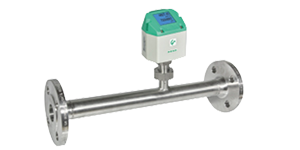
Welcome To STER-IOT
STER-IoT, headquartered in Dubai with offices in Sharjah and Abu Dhabi, is a leading provider of turnkey solutions in process instrumentation, environmental monitoring, and IoT products across the UAE. Serving industries such as Water and Wastewater, Oil and Gas, Power, and District Cooling, we deliver advanced solutions for Flow, Level, Pressure, Temperature, and Water Quality Instrumentation, complemented by professional installation services. With over 1 million Smart Meters and 3,000 communication devices deployed, STER-IoT is trusted for innovation, reliability, and customer satisfaction, helping organisations drive efficiency, sustainability, and digital transformation in their operations
